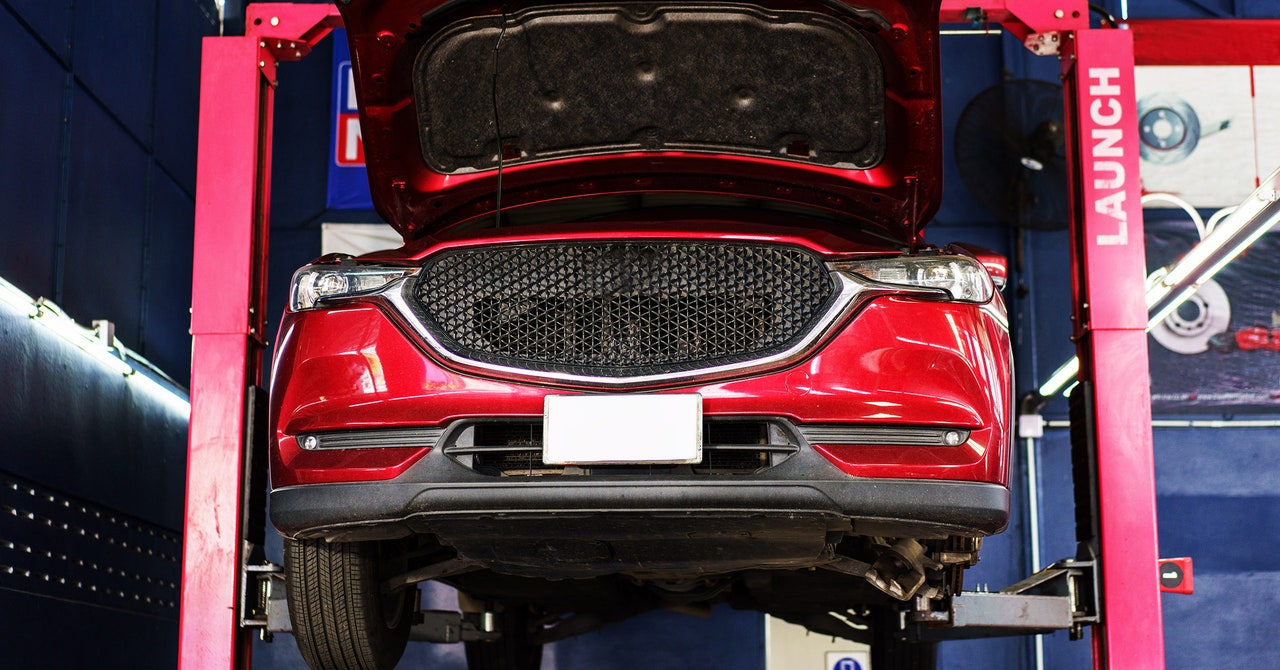Smaller and especially rural repair shops sometimes can’t fix the newest models, because they can’t pay for the expensive tools, subscriptions, and training needed, which can cost hundreds of thousands of dollars. As cars get more complex, and move more services into apps and onto the internet, they fear access will shrink. “We want easy and affordable access to that information for the independent repair shop,” says Bartlett, who is also president and CEO of Automotive Parts Headquarters, which sells aftermarket auto parts to repair shops across the northern and midwestern US.
DIY car repair and auto shops independent of automakers are a long-established tradition in car culture and the auto industry. The Alliance for Automotive Innovation, the trade group representing most global automakers, says that even today, 70 percent of their own certified networks of collision repair shops aren’t owned by dealers.
Many repair shops, especially those who opt in and pay to be part of those certified networks, say they have no trouble finding the information they need to fix cars, even before this week’s agreement. Michael Bradshaw, vice president of K & M Collision in Hickory, North Carolina, and vice chair of the Society of Collision Repair Specialists, one of the groups that signed the new agreement, says his shop pays to keep up with 30 automaker certification programs, including for Kia, General Motors, Bentley, and Rivian.
In a way, Bradshaw agrees with the right-to-repair advocates: This week’s agreement doesn’t give him anything he didn’t already have. “If there’s data out there, and repair information, we’ve always been able to get that,” Bradshaw says. But he disagrees that it’s a problem that repairers must pay, sometimes dearly, to get the tools, certifications, and information that allow them to fix cars.
Bradshaw thinks it’s reasonable that he must pay for automakers’ certification programs, because developing car technology—and the documentation needed to repair it—costs the carmaker plenty of money. He’s willing to shell out whatever is needed to make a safe and effective repair. “If it was a situation where there was no charge for the access, you’re going to see that the information is going to suffer,” he says, because automakers will have less incentive to devote resources to creating clear information for repairers. “The businesses that have trouble paying for the data that’s needed are the same businesses that are not investing in training or equipment.”
Other repairers worry that without an industry-wide overhaul that forces automakers to standardize and open up their data, car companies will find ways to limit access to repair information, or push customers towards their own dealership networks to boost profits. They say that if auto owners had clear and direct ownership over the data generated by their vehicles—without the involvement of automakers’ specialized tools or systems—they could use it themselves to diagnose and repair a car, or authorize the repair shop of their choice to do the work. “My fear, if no one gives some stronger guidelines, is that I know automakers are going to monetize car data in a way that’s unaffordable for us to gain access,” says Dwayne Myers, co-owner of Dynamic Automotive, an auto repair business with several locations in Maryland.
Read the full article here





